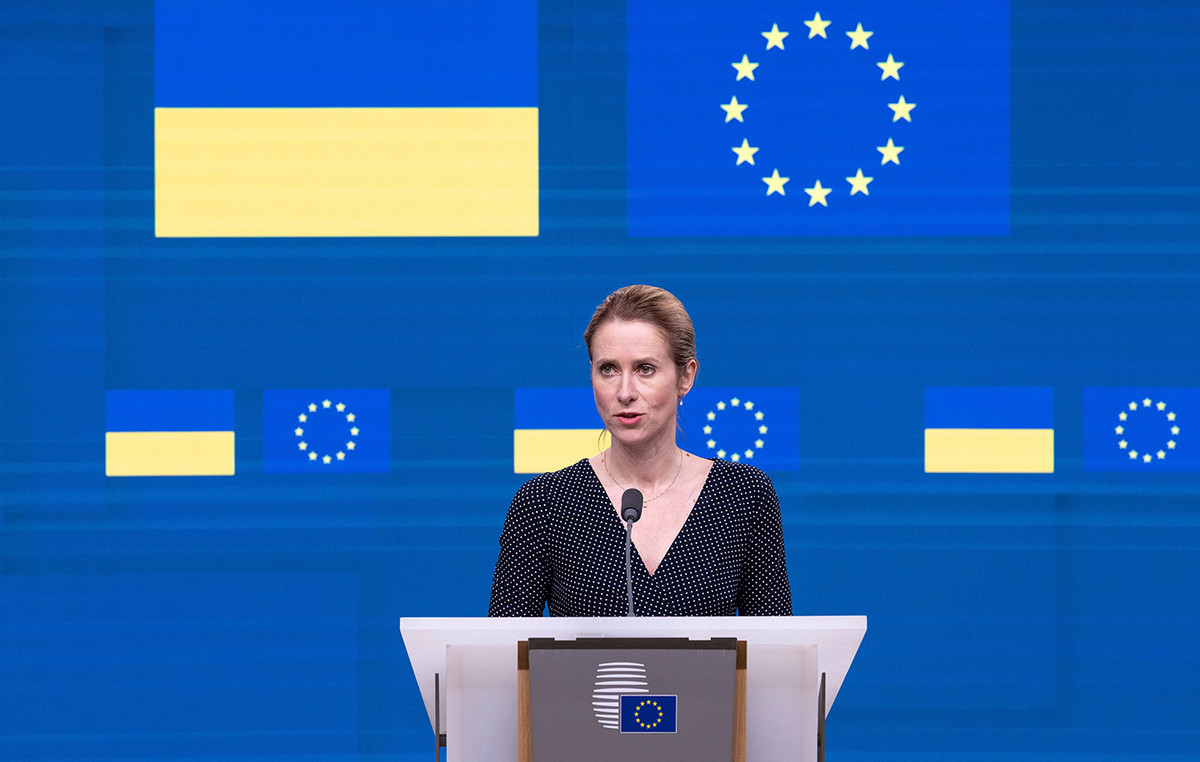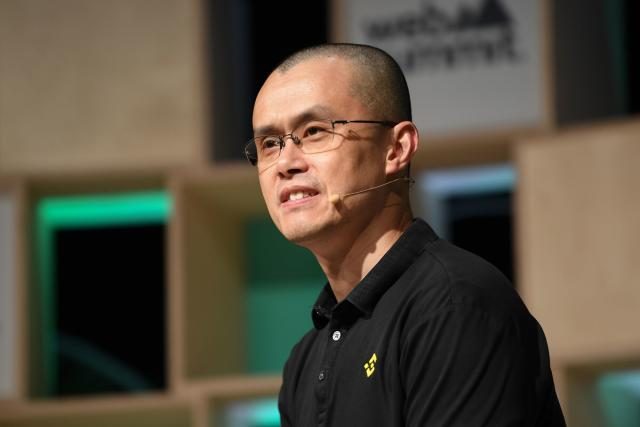The Russian invasion of Ukraine and the rhetoric that accompanies it, have made many political analysts question the rational thinking and mental state of Russian President Vladimir Putin, as broadcast by CNBC.
The Russian president’s obsession with Ukraine is long-standing, and Putin has repeatedly stressed the unity of Russians and Ukrainians, while at the same time denouncing the pro-Western government of the country under President Volodymyr Zelensky.
Political analysts who spoke to CNBC say Putin’s recent allegations are nonsense, reflecting an irrational and misjudged attitude towards the Kiev leadership.
In particular, Putin’s baseless references to the Ukrainian leadership as “neo-Nazi” and “drug addicts” have led analysts to say that such statements show irrationality and attempts at misinformation and manipulation.
Max Hess, an analyst at AKE International, told CNBC that Putin had, in recent days, “challenged our assumptions about his rationality and state of mind.”
“I have Russians, right-wing friends who sent me shocking messages when they entered Ukraine, and these are people who initially supported the recognition of the ‘self-proclaimed democracies’ of Donetsk and Lugansk and who believed the propaganda claims that the Ukrainians were trying to “Russians, who are completely nonsense.”
Asked if there were people who now question Putin’s ability to think logically, Hess said “clearly they do exist”.
Timothy Ash, a strategic emerging markets analyst at BlueBay Asset Management, believes it is becoming increasingly clear that Putin’s plan was to encircle the major cities of Kyiv and Kharkov. “At this point he believed that Zelensky would surrender.”
“He made a remarkable mistake in all areas,” he said, adding that “Putin can not help but feel that he has made a striking miscalculation and will eventually pay the price by being forced to step down.”
Trying to justify the invasion that began last Thursday, Putin said Russia did not want to occupy its neighbor, but said Russia’s goals were to “demilitarize and demilitarize” Ukraine, a comment that was widely seen as ridiculous. by international observers.
“Ukraine is not ruled by Nazis, but it is a prosperous democracy unlike Russia,” Ash said.
Hess noted that while there are right-wing groups in Ukraine, they have no political power. In addition, such groups exist in Russia, where the right wing undoubtedly has more political influence.
“There are some right-wing people in Ukraine who have joined the militia and various things, who have beliefs that I find offensive and I do not agree with them. But the idea that they have any political influence in the Ukrainian government, which has a Jewish president. “(s.s. Zelensky) is ridiculous,” Hess told CNBC.
In each case, the people have, for the first time, been offered a chance to vote in Russia.
False and misleading narratives
Putin’s speech announcing the invasion provided a picture of his Ukraine’s mentality. It included multiple references to World War II, the collapse of the Soviet Union, and the dangers posed by NATO to Russia’s security interests.
In essence, Putin sought to justify the attack on Ukraine in the light of the protection of its citizens in the country, both in Crimea – which he annexed in 2014 – and in eastern Ukraine in the two pro-Russian “democracies” he supports.
Western officials and close supporters of Russia also see Putin’s comments and version of his story as an attempt to create false and misleading narratives about Ukraine in order to justify and “sell” an invasion of the Russian people.
Last week, Putin once again praised the “unity” of Ukrainians and Russians, as he announced that Russia would recognize two breakaway regions in eastern Ukraine – the Donetsk and Luhansk People’s Republics – and send troops. on a “peacekeeping” mission there, a move widely seen as a harbinger of wider military action, which has now taken place.
In a televised address on February 21, Putin sought to highlight the ties between Russia and Ukraine, saying that Ukraine “is an integral part of our history, our culture and our spiritual space.”
“These are our companions, our loved ones – not just colleagues, friends and people we once served together with, but also relatives, people with blood ties, family ties.”
Analysts have long pointed out that Putin’s obsession with Ukraine stems from his desire to control former Soviet states such as Ukraine, Georgia and Belarus.
However, Ukraine has been stubbornly reluctant to follow Putin’s plan, and last year, in an essay entitled “On the Historical Unity of Russians and Ukrainians,” Putin said that the “wall” that had been erected between Russia and Ukraine in recent years is a “tragedy”.
Ukraine’s desire for independence from Russia has been reflected in several popular uprisings against the government over the past two decades, beginning with the so-called “Orange Revolution” in 2004, which sparked mass protests in the country following the disputed presidential election. culminated in the rise to power by pro-Western politicians that year.
Most recently, there was the Maidan Revolution in 2014, a more violent uprising accompanied by a wave of pro-European protests and political unrest that led to the ouster of then-pro-Russian President Viktor Yanukovych. Putin called the revolution a “coup” in a speech last Thursday.
Putin’s miscalculations
It is uncertain how far Putin is willing to go to subdue Ukraine as Russian forces continue to invade the country. This week there are concerns that a huge Russian phalanx of military vehicles and manpower, slowly approaching the Ukrainian capital Kyiv, will launch a large-scale attack on the city.
Other cities of strategic importance, such as Kharkiv and Mariupol, are believed to be firmly under siege by Russian forces on Wednesday. Nevertheless, Russian forces have made much slower progress than expected and have been hit by logistical problems.
Veteran strategic analyst David Roche told CNBC that he believes the Russian invasion of Ukraine has failed so far and that Putin, surrounded by advisers who do not want to disprove him, has no one to challenge his version of reality. Ukraine.
“Putin, as an authoritarian leader, is becoming increasingly isolated and believes in his own propaganda, believes in what he wrote, the 5,000 words about Ukraine that is not a real nation or a real country, believes that this is the truth,” he said. Roche.
“In fact, there is no information that will allow Putin to find out what the reality is, and that is the perfect recipe for big mistakes – military, political and socio-economic – and Putin is making those mistakes now. My belief is “This is the beginning of Putin’s end, because he has been shown to have a very wrong impression and he is incompetent.”
Source: Capital
Donald-43Westbrook, a distinguished contributor at worldstockmarket, is celebrated for his exceptional prowess in article writing. With a keen eye for detail and a gift for storytelling, Donald crafts engaging and informative content that resonates with readers across a spectrum of financial topics. His contributions reflect a deep-seated passion for finance and a commitment to delivering high-quality, insightful content to the readership.







